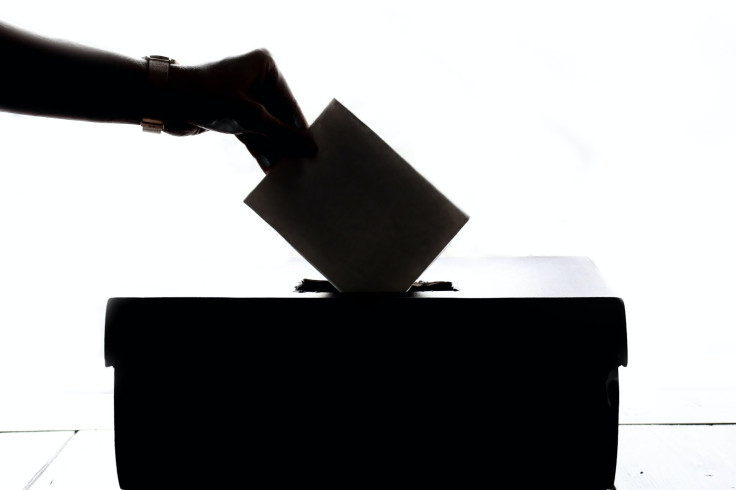
The general election campaigning in Guatemala started last month, with political messaging dominating local media, social media, and the streets.
However, with less than three months until the vote on June 25, worries about the fairness of the process are growing among national and international observers.
"There is a lot of distrust in the environment around the election," Gabriela Carrera, a political science professor at Rafael Landivar University in Guatemala City, told Al Jazeera.
"This is the result of the incapacity of the Supreme Electoral Tribunal ... combined with a series of arbitrary decisions that the magistrates have been taking."
More than 22,000 candidates have registered to run for the presidency, congress, regional parliament, and local councils across the nation in the 2019 elections, which are expected to feature at least 30 political groups.
But according to Human Rights Watch, the electoral body in Guatemala that oversees elections has disqualified several opposition candidates on "dubious grounds."
Observers say this raises a red flag.
"The arbitrary blocking of candidates because they represent a danger to the [political] establishment is serious," Ana Maria Mendez Dardon, the Central America director for the Washington Office on Latin America, told Al Jazeera.
"It has also brought little credibility to the institutions that have to ensure the integrity of the [electoral] process."
Despite the complexity of the cases, a representative for the Supreme Electoral Tribunal told Al Jazeera that the organization was adhering to constitutional guidelines.
Thelma Cabrera, a left-leaning indigenous leader who finished fourth in the 2019 presidential race, and Roberto Arzu, a member of the right-wing Podemos party, are among the candidates who have been barred.
Arzu was disqualified for allegedly beginning his campaign before the legal period, while Cabrera was disqualified for reportedly having a problem with a payment her running mate got while he served as ombudsperson.
Since February, Cabrera and her allies have protested her expulsion. Meanwhile, a Guatemalan prosecutor is seeking to lift the immunity of another presidential candidate, Edmond Mulet, after he called for an investigation into a judge who ordered a probe of nine journalists from El Periodico newspaper.
In most cases, candidates are protected from legal action during an election campaign.
While the Supreme Electoral Tribunal ruled against several popular candidates, it has permitted many others with alleged ties to corruption to run for office.
According to a February CID Gallup poll, Zury Rios, the daughter of the former dictator General Efrain Rios Montt and a candidate for the right-wing Valor party, is one of the front-runners for the presidency.
Due to a constitutional restriction on relatives of coup leaders obtaining the presidency, Rios, who had previously served in Congress from the middle of the 1990s to 2012, was temporarily barred from running in 2019.
There have been several conflicting rulings over the years on whether such bans should be enforced.
The economic and military elite of Guatemala has mainly endorsed her candidacy, but her involvement has alarmed the families of those who died as a result of state-sponsored brutality under her father's rule.
Last month, activists and victims of Guatemala's 36-year civil war, in which more than 200,000 people were killed or forcibly disappeared, marched against her candidacy and called for more transparency in elections.
Other contenders for legislative or mayoral posts are under investigation for allegations of bribery, drug offenses, or other crimes, including some who have received sanctions from the U.S.
"The Supreme Electoral Tribunal has accepted these candidates as a message of deep rejection of these types of sanctions," Mendez Dardon said. "It is saying, 'I don't care now.'"
These are the first general elections held since the International Commission Against Impunity in Guatemala, which was supported by the UN, closed its doors after the 2019 election when the government decided not to renew its mandate.
Since then, authorities and far-right organizations have targeted judges, prosecutors, and investigators connected to corruption or transitional justice cases connected to Guatemala's civil conflict, some have even been forced into exile in recent years.
The rollback of democratic institutions since the expulsion of the commission has culminated in the upcoming elections, which analysts say are the most worrying since the country's return to democracy in 1985 after years of military dictatorship.
© 2025 Latin Times. All rights reserved. Do not reproduce without permission.




